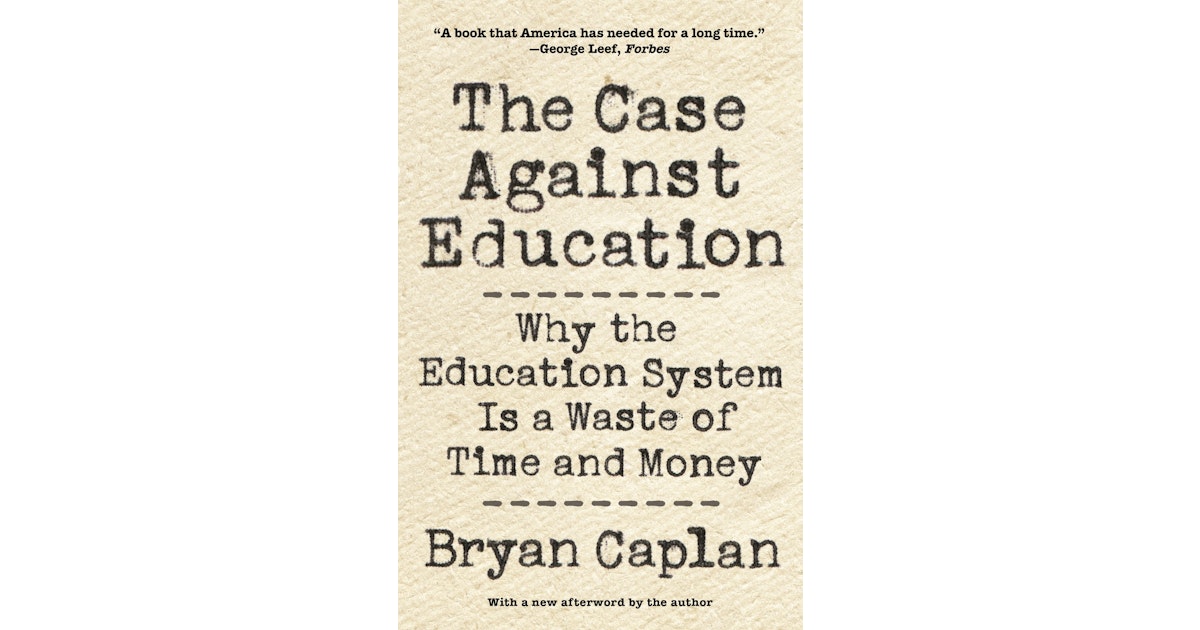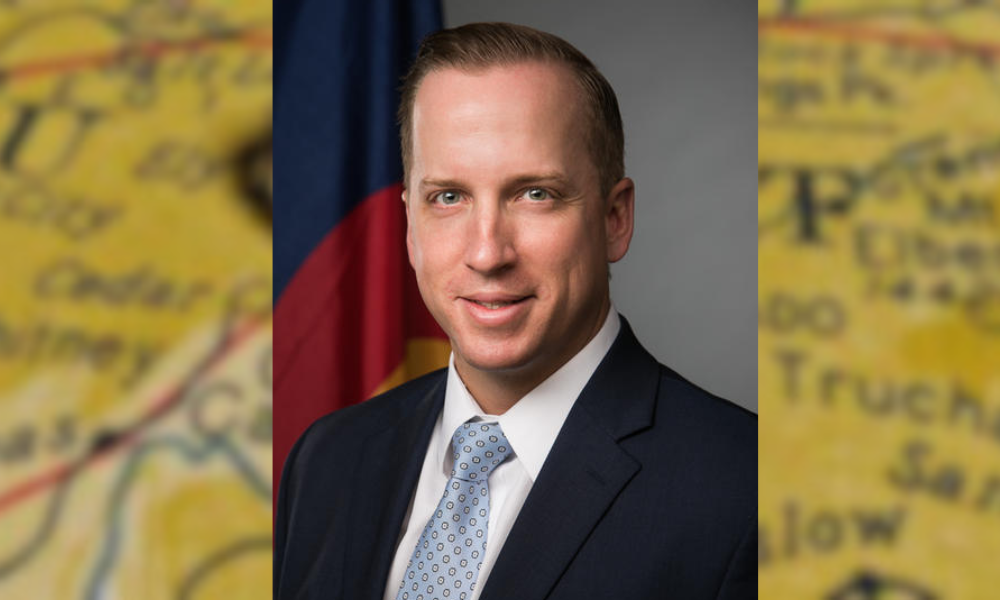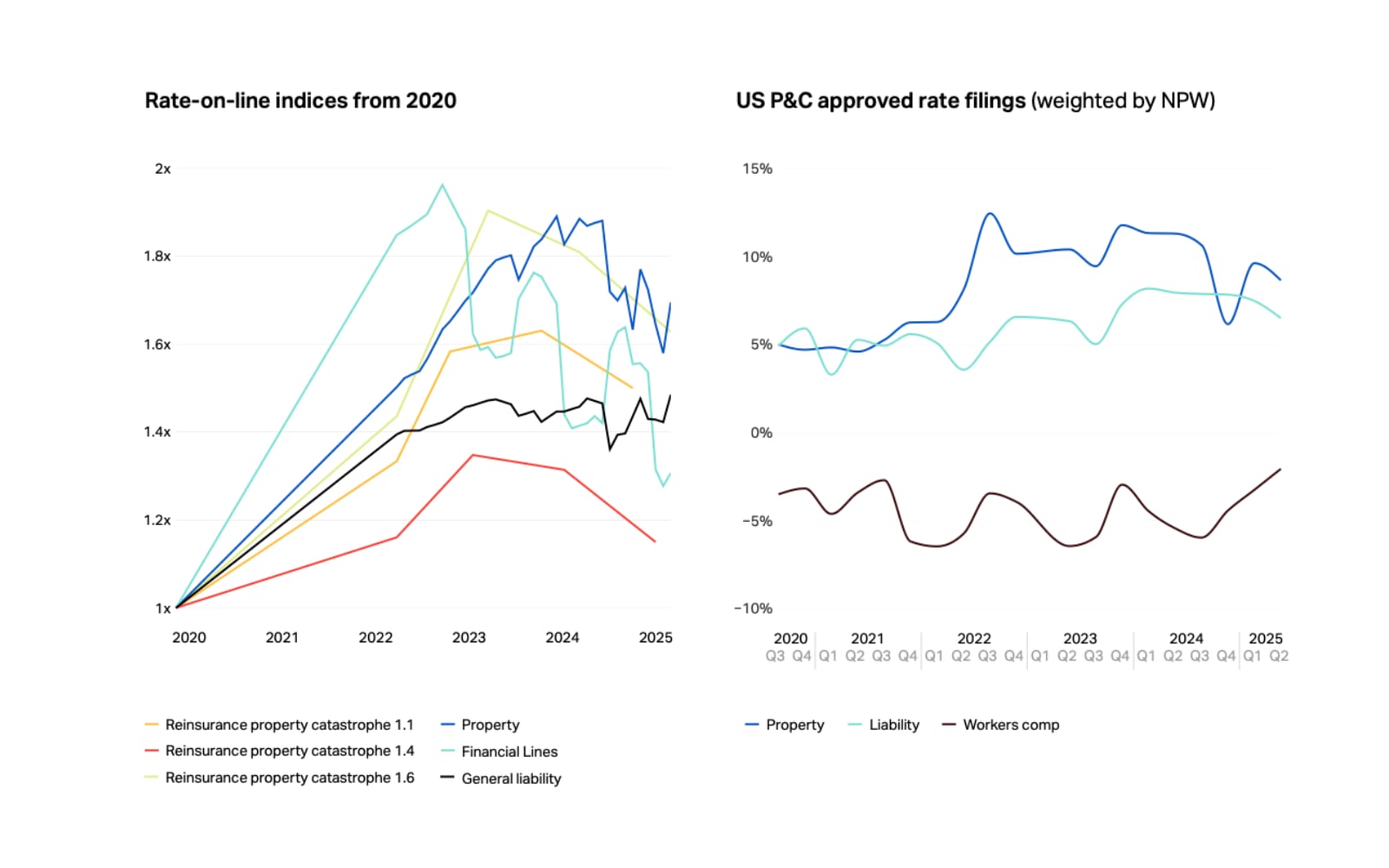No, you cannot open a business bank account with an employer identification number (EIN) only. You’ll also probably need other business paperwork — like your business license and formation documents — plus personal identification like a driver’s license.
Why can’t you open a business bank account with just an EIN?
An EIN is a tax ID number for your business. The IRS uses this number to identify your company when you file payroll taxes and your business income tax return. Banks use your EIN to verify that your business is a legitimate entity that pays taxes.
But banks are also required by law to verify the identities of the customers behind those accounts. As a result, you will need to provide at least your name, date of birth, address and some form of identification number — for instance, a Social Security number.
While this personal information is required to open a business account, an EIN isn’t always necessary. If you run a sole proprietorship or single-member limited liability company (LLC) that doesn’t have employees, you can open a business bank account without an EIN.
Can you open a business bank account without a Social Security number?
You may want to open a business bank account with your EIN if you don’t have a Social Security number. If your business is an LLC, partnership or corporation, your bank may not require your Social Security number as long as you have an EIN and other business formation documents.
Sole proprietors typically need to provide their Social Security numbers, though.
If you’re not a U.S. citizen and don’t have a Social Security number, banks may allow you to provide alternate information for identity verification.
For example, Relay business banking lets you apply with a passport, but you may need to answer extra questions about how your business makes money. Bank of America, Chase and Wells Fargo accept nonresidents who have an individual taxpayer identification number (ITIN).
Can you open a business bank account with bad credit?
Yes, you can open a business checking account with bad credit — your credit history generally doesn’t affect your ability to get a bank account.
But most banks also run a ChexSystems report, which is similar to a credit check. A negative ChexSystems report might show issues like bounced checks, overdraft fees and forced closed accounts. Banks may turn you away if they think you’re high risk based on that information.







































